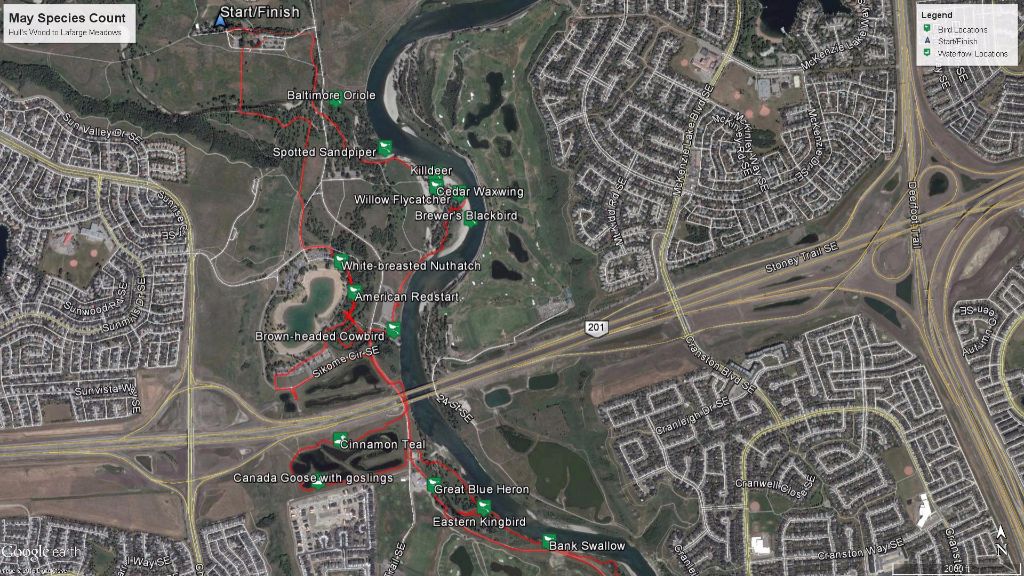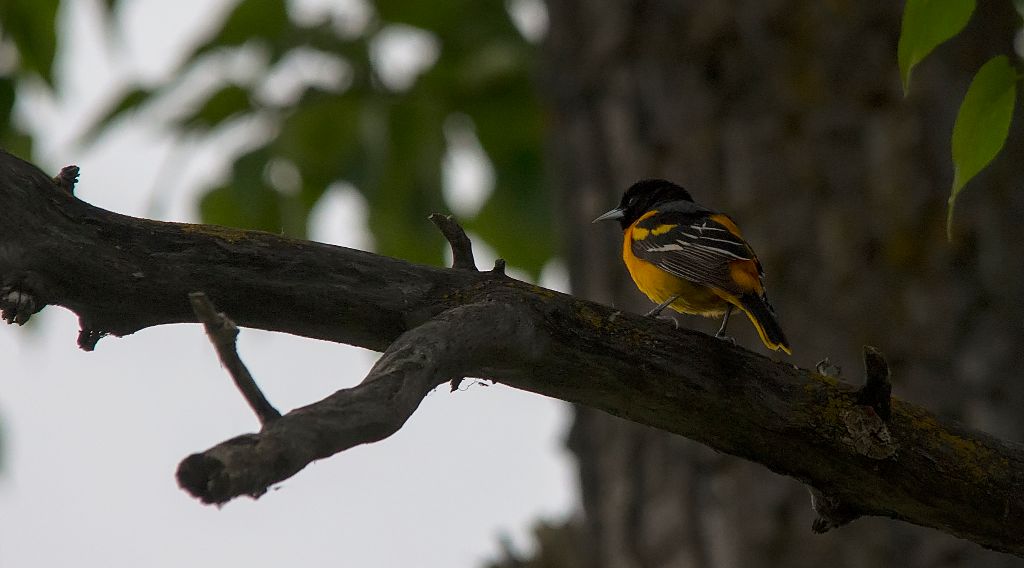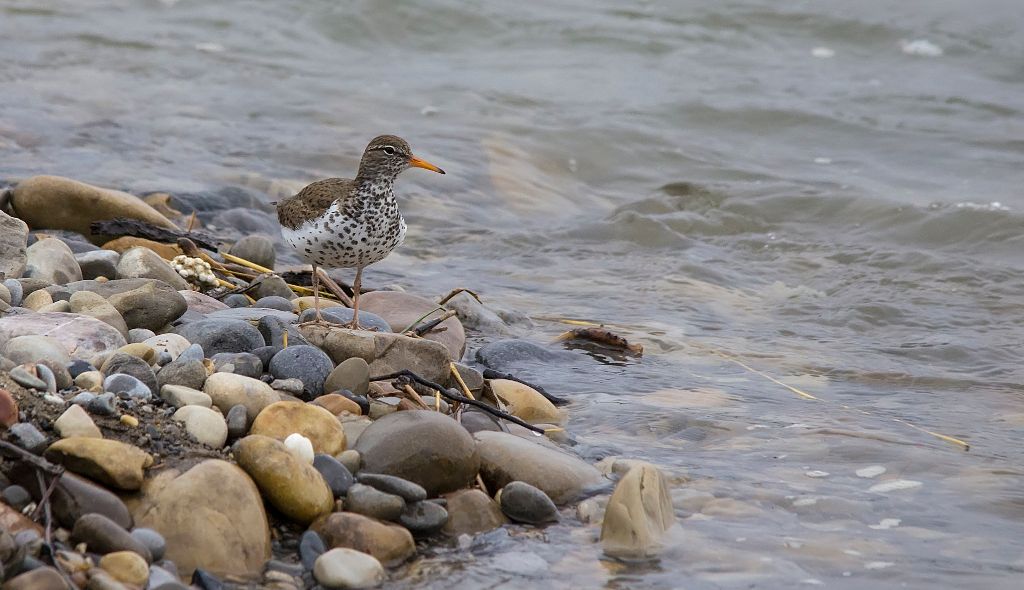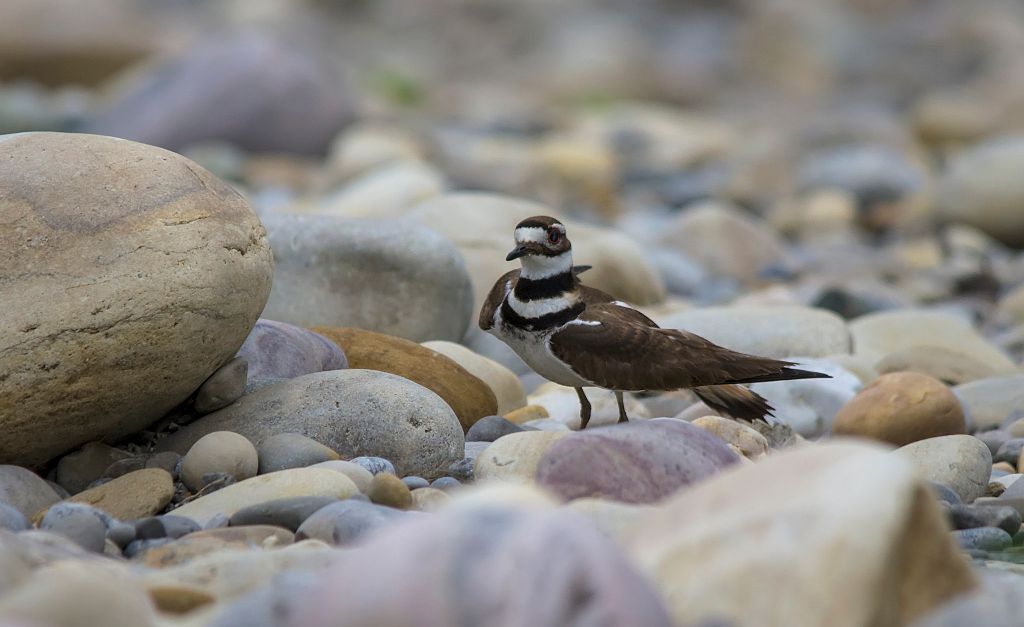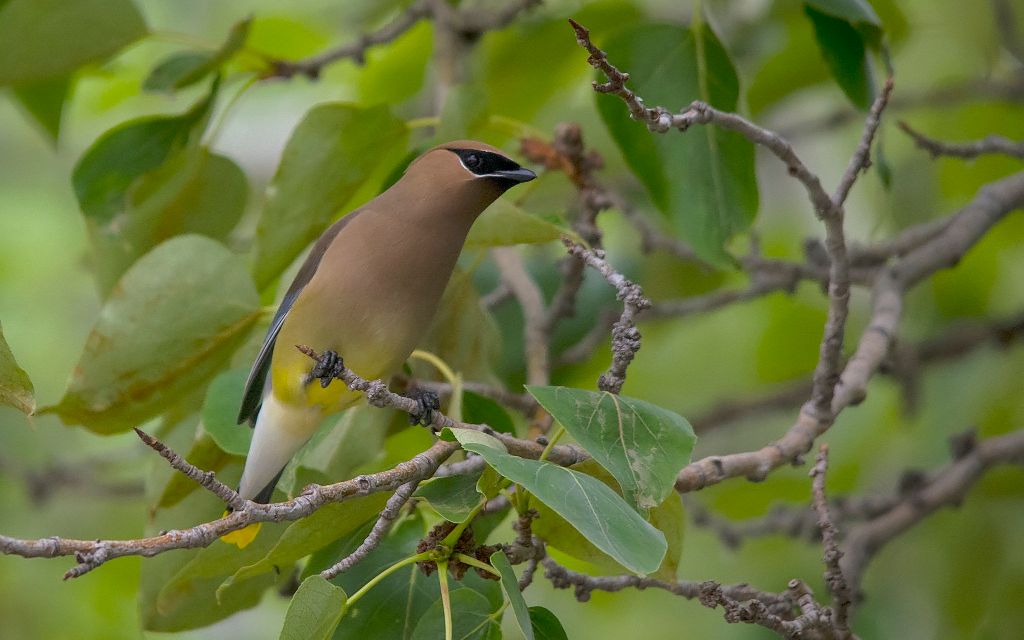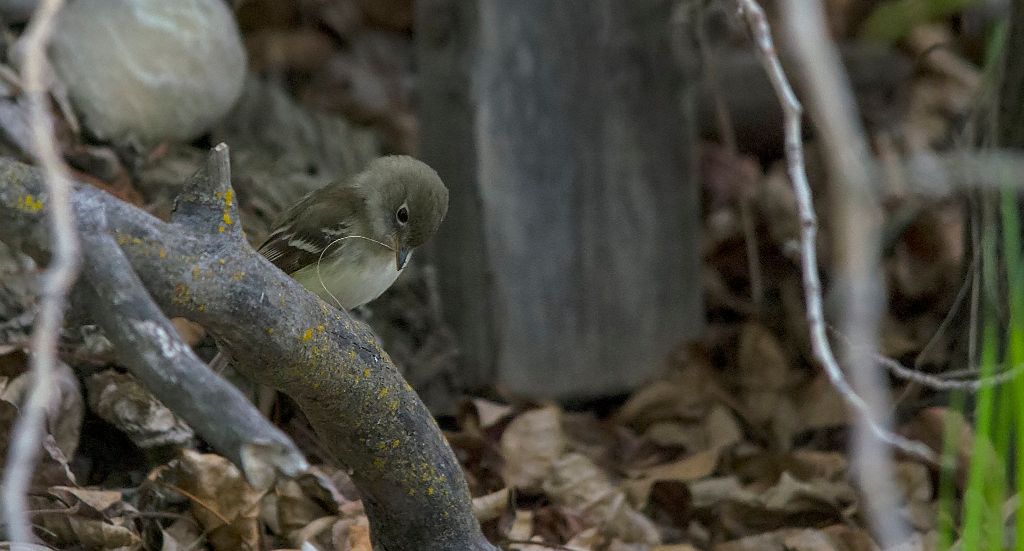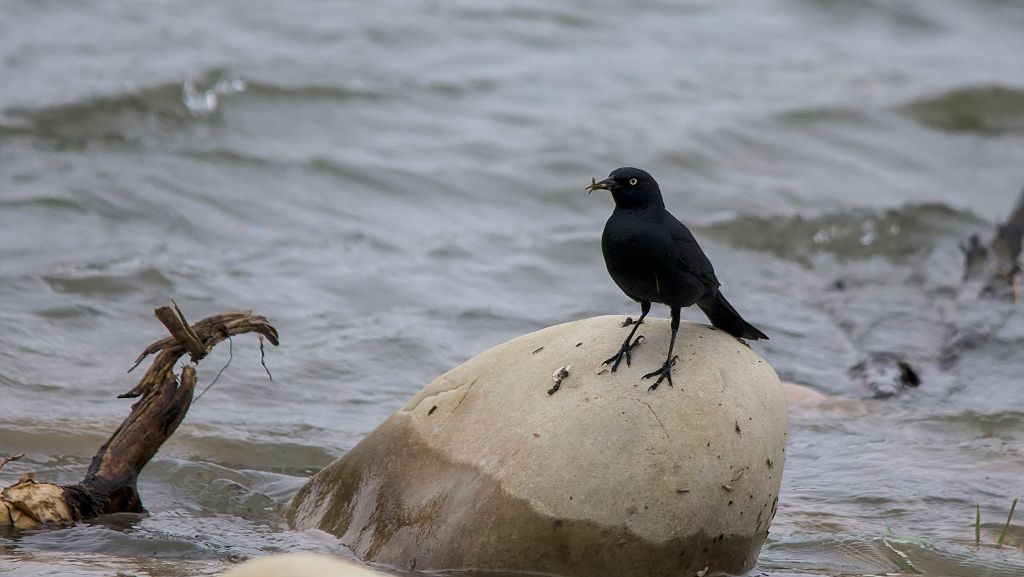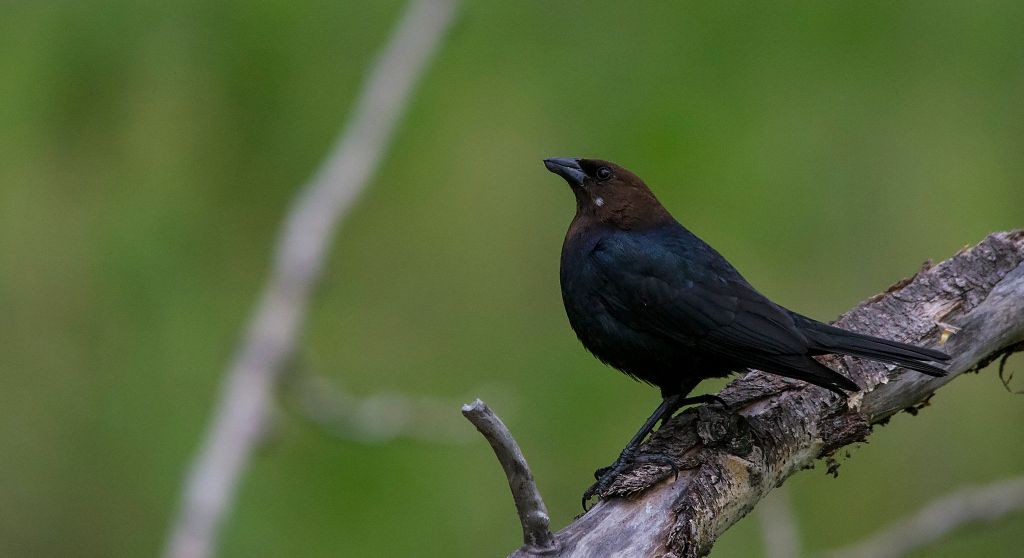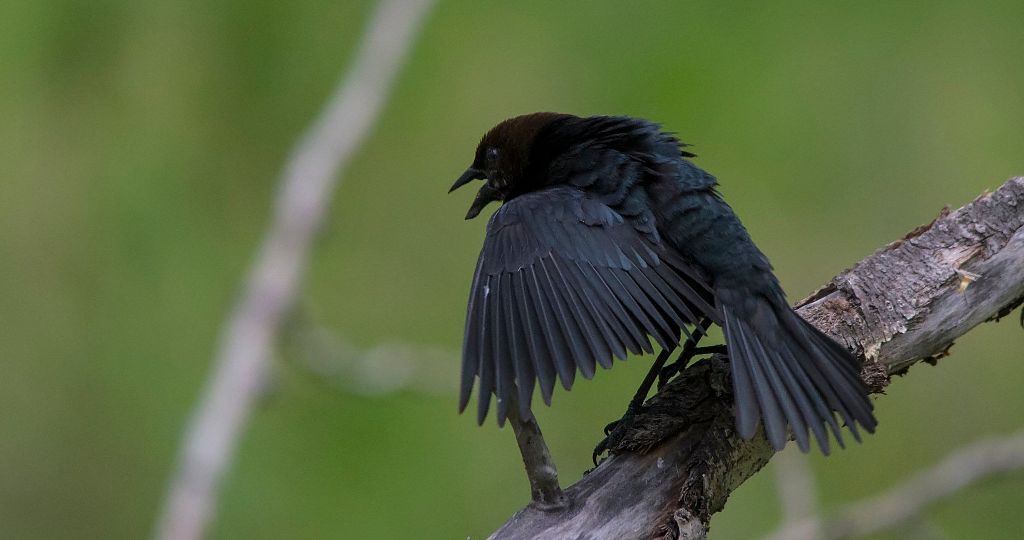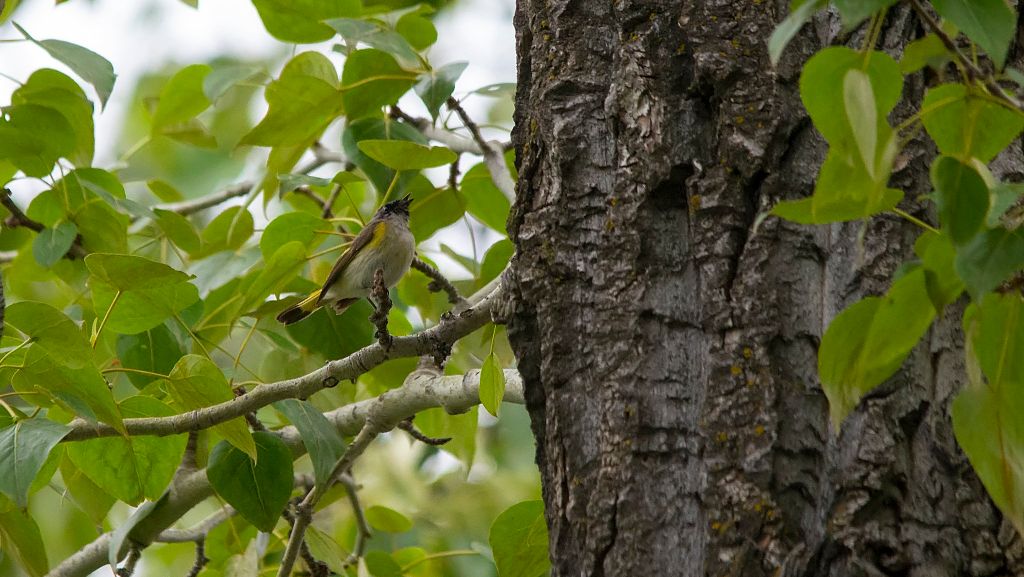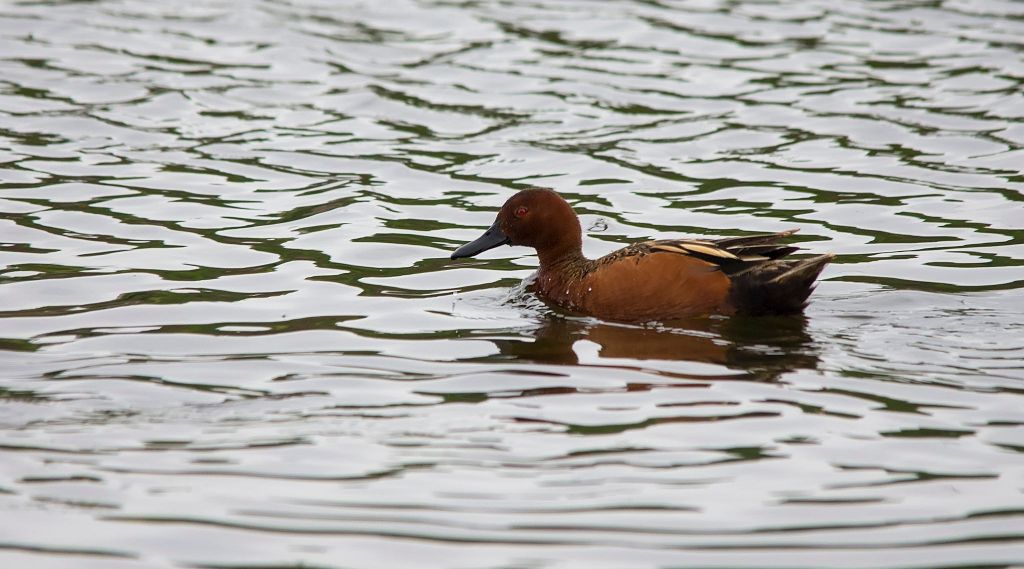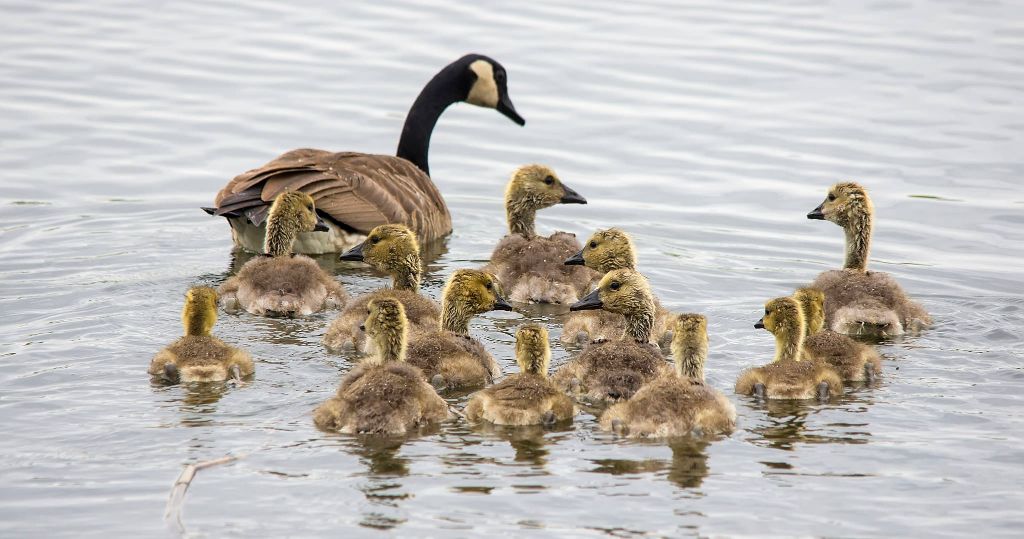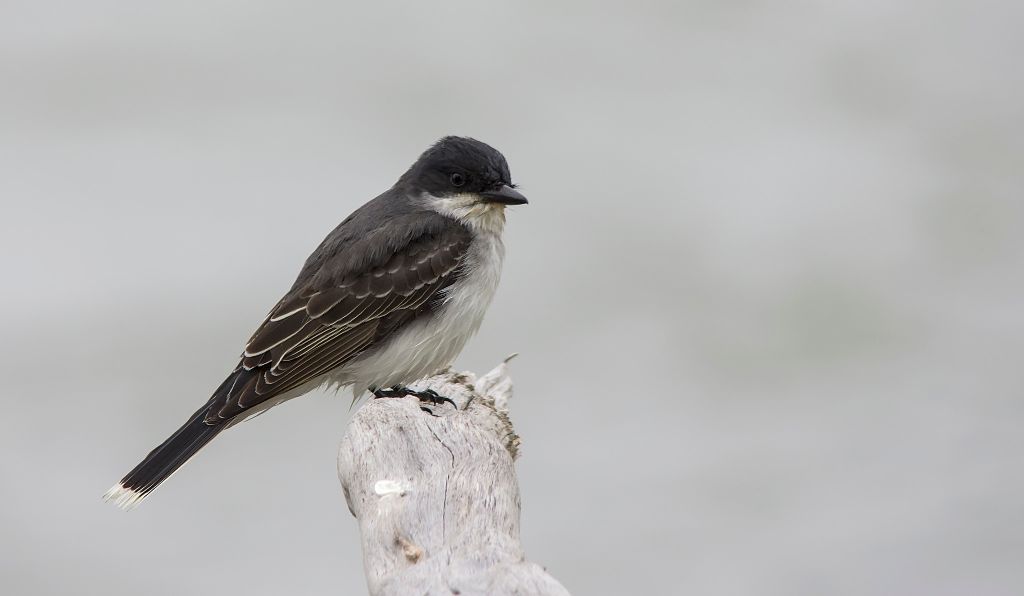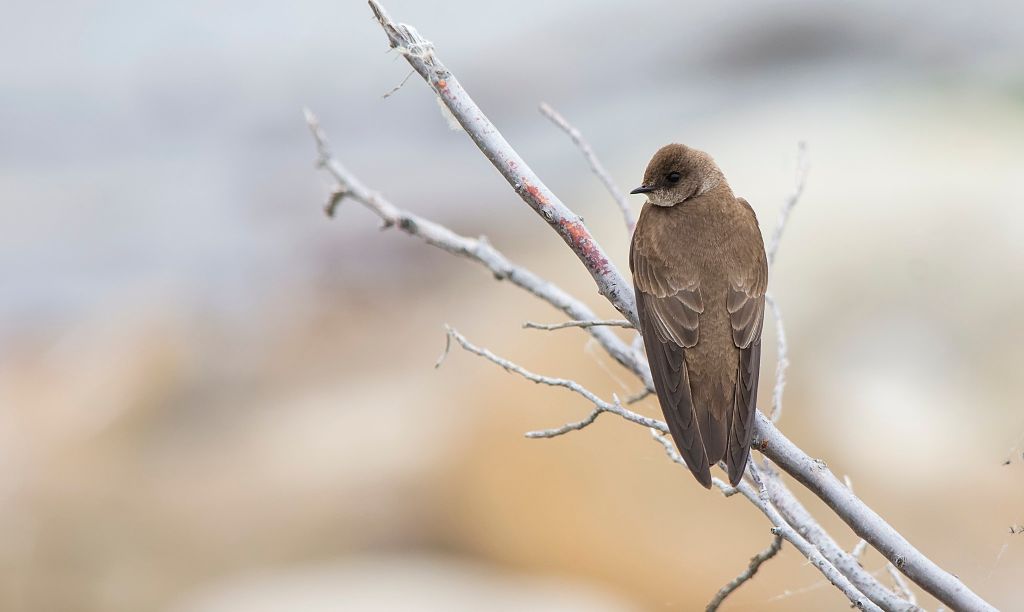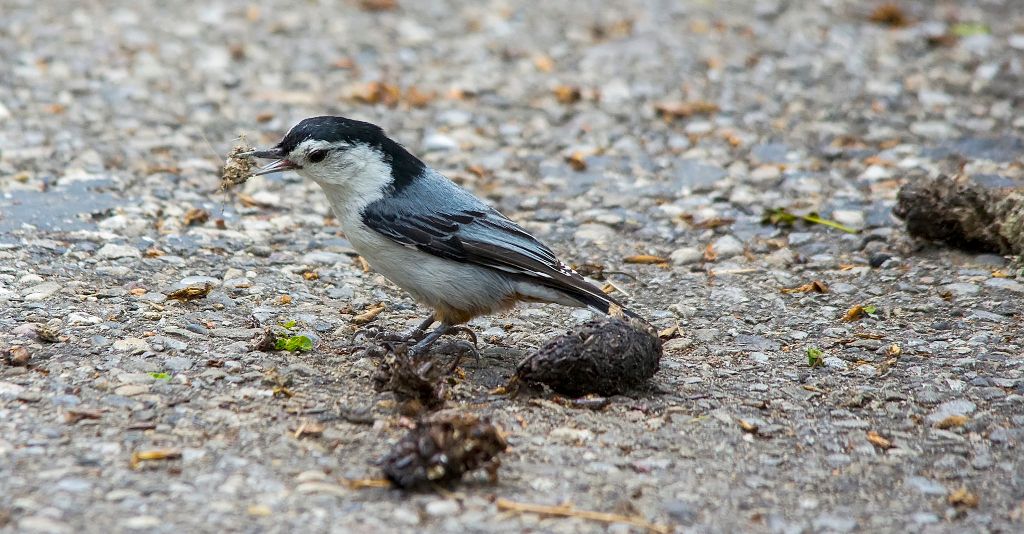Posted by Dan Arndt
Our outing on May 31 was to the Weaselhead Natural Area as part of the May Species Count, and we went back there on June 14 as well, so I’m going to roll those out in a single post next week. Instead, I’ll be posting some photos of our outing on May 30 to the east end of Fish Creek Provincial Park between Hull’s Wood and Lafarge Meadows, an area I’ve covered for the past few years.
I was accompanied by Rose Painter, my co-leader for our regular Sunday morning outings for this spring, and we both found a lot of good birds that morning. While the weather was gloomy and grey, it was still quite warm, and we thankfully didn’t get rained out.
I think the rainy/gloomy weather had put down a few birds overnight, because we had an abnormally high number of Baltimore Orioles singing throughout the day: eighteen males singing and a lone female that we spotted as well, compared to the usual number in this area being about half a dozen or so. It was really nice to have these guys so actively singing, despite the gloom.
We also had our usual numbers of Spotted Sandpipers, along the river, retaining ponds, and right on Fish Creek itself. While they weren’t actively displaying, there were a few that we were pretty sure were sitting on nests.
It was also really great to see a good number of Killdeer along this stretch. In 2013, I had ten nesting pairs, while in 2014 I was entirely shut out of this species, as many of the gravel bars had shifted and some had even totally lost their gravel patches and were mainly boulder strewn. This female was trying to lure us away from her nest right on one of the newer, much more extensive gravel bars along the Bow River.
We also had our first really good looks at Cedar Waxwings for the year, which had also returned overnight in some pretty good numbers. They were actively feeding low in the bushes along the river, where the insects were most active.
Along this stretch of the Bow River, I’ve had a pair of Willow Flycatchers breeding and nesting for the past three years. Each year they move the exact site of the nest, but they’re always within about two hundred meters of the spot where I first found them. They’re a little unusual to find within the city, but their calls and songs are distinctive. This photo also shows that even using the eye-ring as a field mark can be somewhat tricky, because this little gal has quite a prominent one.
This gravel bar is also where I get my usual Brewer’s Blackbirds, and rarely get them anywhere else on this route. One of the perks of doing a route like this year after year is finding all the usual spots to find great birds. I do think it would be fun to switch it up every once in a while, but I do like seeing these guys in the same spots every year.
We followed the edge of the river all the way down to the boat launch, finding some Franklin’s Gulls, but not much else along the far side of the river. We also found a nice male Brown-headed Cowbird displaying close to us. They really are quite interesting birds to look at, no matter how you feel about their particular breeding habits.
One of the other nice things with days like this, similar to last year, is that this is still during the main thrust of northward warbler migration. Last year, I had my first Blackpoll Warbler of the year, and this year I turned up this young male American Redstart, singing away along the creek just off of Sikome Lake.
Once we crossed under the Highway 22x bridge, things slowed down a little, but we did get some good looks at some waterfowl along the stormwater ponds, including this Cinnamon Teal that we surprised with a brief look at, and a few families of Canada Geese with their babies.
Further south along the river bank, we had some good looks at Eastern Kingbirds, but unfortunately in the years that I’ve done this route, we’ve never found Western Kingbirds in the poplar stand south of the bridge, where I’ve been told was one of the few places in the city they were known to breed, until recently. I suspect the heavy development on both the east and west side of the park there has made it a little less accessible and appropriate for them to nest.
One of the perks of the flood in 2013 was the generation of habitat for a number of species. The large piles of debris in the parks make good homes for House Wrens, Lincoln’s Sparrows and Song Sparrows, while the cut banks of the Bow River and Elbow River created large expanses of open banks, perfect for both Northern Rough-winged and Bank Swallows to nest in, which they have done along the south edge of my route. It’s always nice to see these guys, and even better to get them up close and personal like this.
The last really notable sighting of the day was this White-breasted Nuthatch, who was hammering away at this bit of excrement near Sikome Lake. Here he his proudly displaying his prize, which I assume he’s taking home to feed to his young. Nature isn’t always pretty!
In all, we covered just over 16 kilometers (10 miles!) in eight hours, and broke my previous record number of species by 1, finding 76 species in this area. It was a great morning (and early afternoon), and I think maybe one of the more under-appreciated areas of Fish Creek Provincial Park.
Good birding, and have a great week!
